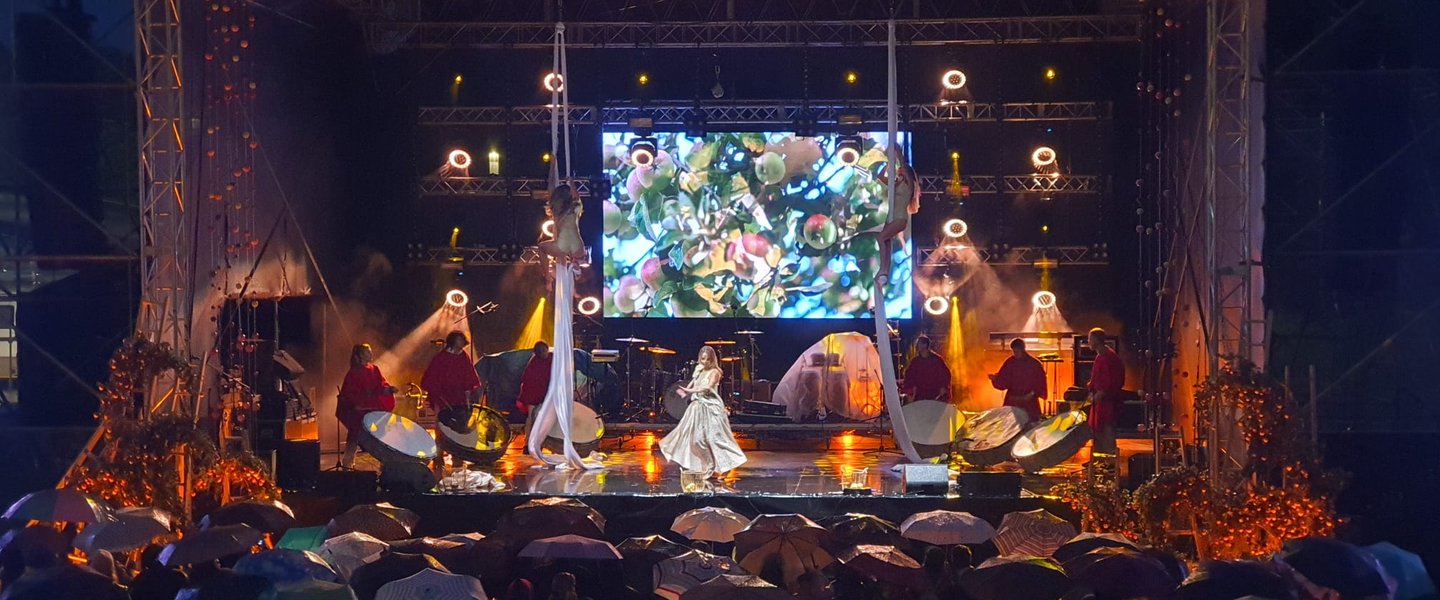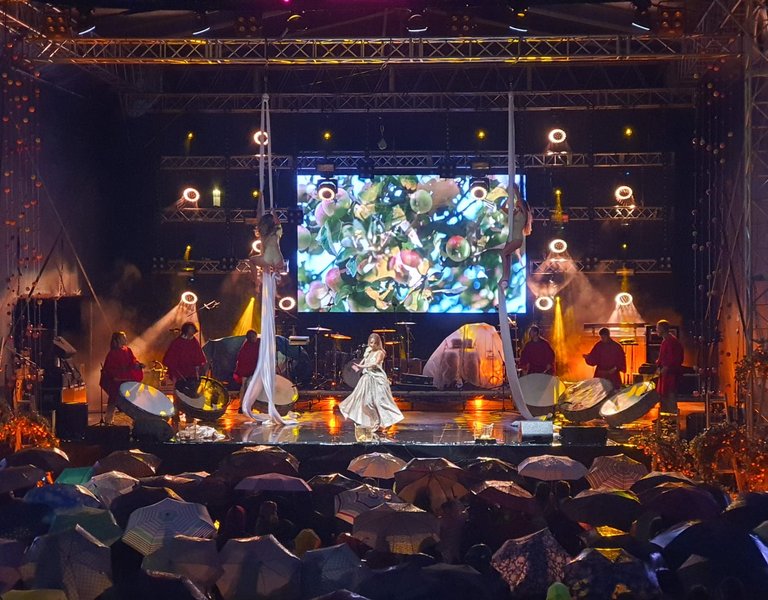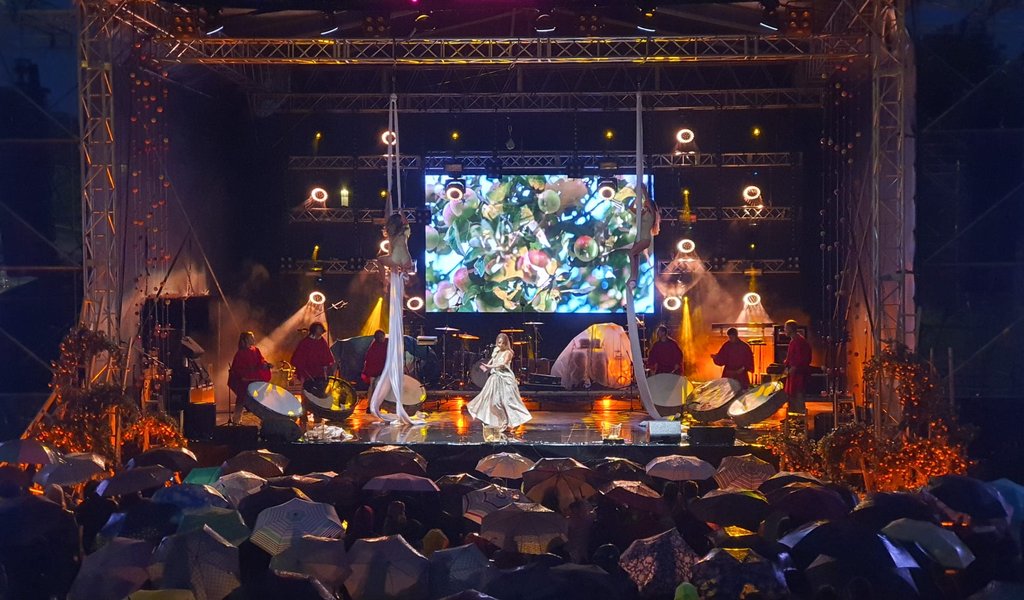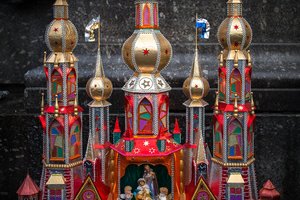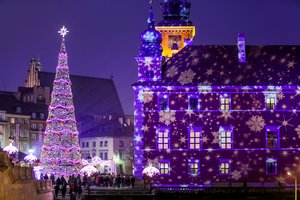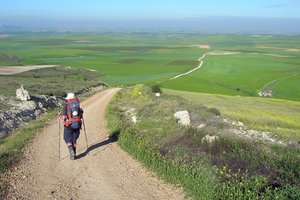Jabłonki - a celebration of the best of Poland
Japan is a country of cherry blossom, Belgium - of the best chocolate, Germany is famous for its Oktoberfest. In Poland, the main orchard of Europe, we celebrate under the sign of the apple.
Jabłonki is the time of fun and frolicking during summer and autumn, when we celebrate some of the best that our country has to offer. It is a time between May, when the apple trees blossom, until autumn, when the Polish apples ripen in the orchards - it is then that Poles and foreign visitors can appreciate the cultural and natural treasures of our country with its blossoming apple trees.
Jabłonki is sometimes called "Slavic Valentine's Day" - although it lasts much longer than just one day, it is also an excuse to have fun and celebrate according to your own tastes and preferences. The symbol of St. Valentine's Day is a heart, while the symbol of Jabłonki is an apple, i.e. the symbol of the best of Poland - picturesque regions, local tastes and the beauty of nature.

Jabłonki 2021 in Warsaw
Jabłonki was celebrated lavishly in Warsaw during the Jabłonki Swawole Music and Food Festival in mid-September. On the Poniatówka beach by the Vistula river, people could taste a variety of dishes made out of apples (and other delicacies), participate in a drumming show and relax on deckchairs while listening to good music. The evening culminated with a concert given by top Polish music bands - Bitamina and Afromental - as well as an acrobatic show telling the legend of the Three Apple trees and lighting a "sun" floating on the Vistula river with burning arrows.
The Jabłonki celebrations are still going on - September 28th is World Apple Day, and the premiere of the unique book "Jabłonki" devoted to the role apples play in Polish culture will take place in October.
In the meantime, the sunny Polish autumn is an excellent moment to make weekend trips along the trails of the Polish apple phenomenon, visit restaurants that have prepared special apple menus, or trying one's hand at homemade preserves, thanks to which Poles preserve the energy of summer for the long months of winter.
source: State of Poland
28.09.2021
